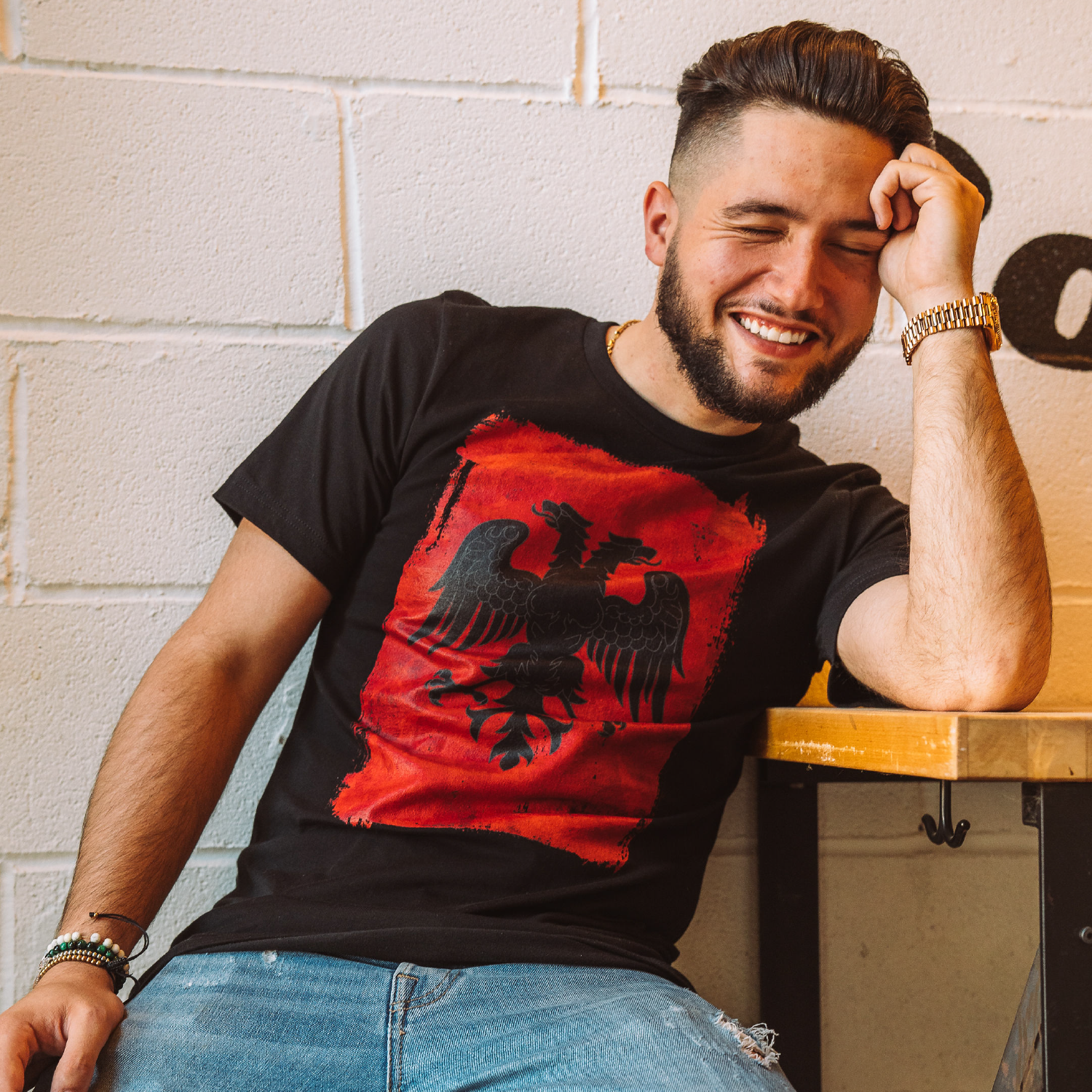Edith Durham has some priceless experiences from the year 1916 that are more significant than all the scholarly discussions that can explain what is meant by the statement that the whole life of the highlanders was determined by the tribal organization.
“In Abat, the main town of the Shala tribe, she took part in a meeting of the council of elders. The meeting was held according to the ancient rule "one man for one door (family)", after the Sunday mass, where the mountaineers dressed in their beautiful clothes had to walk for hours, to the cemetery behind the church, under the big plane tree (Tilia), the traditional gathering place.
The members of the council sat cross-legged in the form of an arch around the chief of the tribe, the brave Kol Pecaj, whose family inherited the chief's office for hundreds of years. All the men were armed, two of the youngest had taken with them little boys who sat with serious faces and listened to the men's words. This was also the way that the law of ancestors passed from generation to generation. There was talk about the connection of a house that came from the end to the village water source, because, without the permission of the tribe, no one had the right to take water from the village line for his field or house.
First, the younger ones talked, then the more serious men, and finally the leader himself, all cautious, calm, serious. The connection was approved, and no one objected to the request. In case of disagreement, it was decided by the majority vote, the head of the tribe had three votes.
The strength and pride that the tribal organization gave to the Albanian highlanders are priceless. The tribe was, so to speak, the only social obligation to which the Albanian, this stubborn man, and enemy of every obligation and rule that limited his freedom, obeyed unconditionally.
Tribal life has been a high school of bravery, loyalty, and hospitality, but how much will be achieved for the Albanian to accept social life, to agree to obey the order not only for the good of the tribe and the village but for the good of the whole people, this is the question from the answer of which will depend on the fate of the nation of Albanians, of this group of extraordinary individuals and most difficult citizens.”





